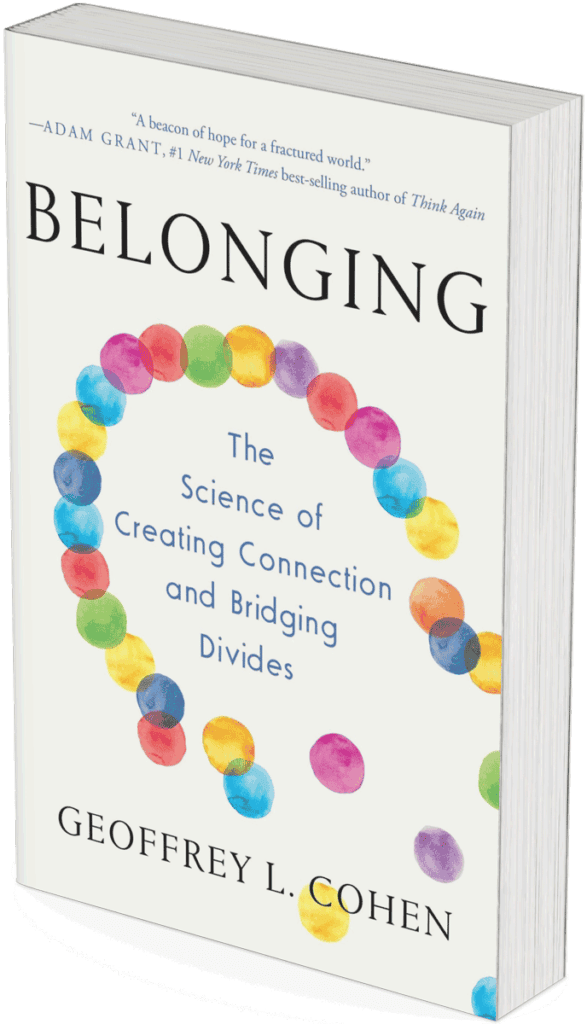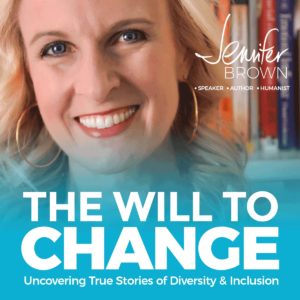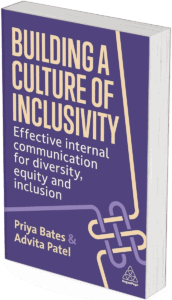The Science of Creating Connection and Bridging Divides
Belonging: The Science of Creating Connection and Bridging Divides is Geoffrey L. Cohen’s ambitious synthesis of years of social psychology research, focused on a central question: How can we design environments and interactions that make people feel they belong, and thus behave, perform, and relate more positively?
Cohen argues that belonging is not simply about character or identity; it is deeply shaped by context: by the cues we send, the practices we adopt, and the ways we define roles and norms. He introduces the framework of situation crafting: small, intentional changes in how we present tasks, frame messages, and structure interactions, aimed at signaling that people matter, are valued, and are capable.
The book divides into three major parts:
1
Part I: What is belonging and why it matters – Cohen introduces the concept of “belonging uncertainty,” showing how fleeting doubts about being accepted can ripple into lowered performance, disengagement, and hurt relationships.
2
Part II: The causes and cures of belonging uncertainty – He explores cognitive biases (e.g. attribution error, stereotype threat) that make people misinterpret ambiguous social cues, and shows how well-chosen interventions (like values affirmation, reinterpreting feedback) can repair them.
3
Part III: Bridging divides and expanding circles – The final section tackles polarization, exclusion, and conflict across social groups, offering strategies to extend belonging across lines of difference.
Cohen demonstrates with empirical studies how even minimal interventions – having participants write about personal values, reframing challenges as common rather than exceptional, including multiple reference groups – can lead to improvements in school performance, workplace engagement, and cross-group cooperation.
What sets Belonging apart is its combination of rigor and pragmatism. It is grounded in randomized experiments and longitudinal studies but always returns to actionable takeaways: how to adjust language, structure group tasks, or craft inclusion rituals. It is a guide for change-makers (leaders, educators, managers, organizers) who don’t just want to talk about belonging, but want to bring it alive.
In an era of fragmentation and social distance, Cohen’s work offers a hopeful path: belonging can be fostered, restored, and extended – and in doing so, we can help heal divides and deepen connection.
About the Author
Geoffrey L. Cohen’s research centers on psychological interventions (brief, well-targeted strategies) and how small shifts in framing, context, or messaging can yield lasting behavioral change. His work explores belief systems, identity threats, self-concept, and especially belonging uncertainty.
Before Belonging, Cohen and colleagues were influential in studies about achievement gaps in education, stereotype threat, and how values affirmation can buffer identity threats.












